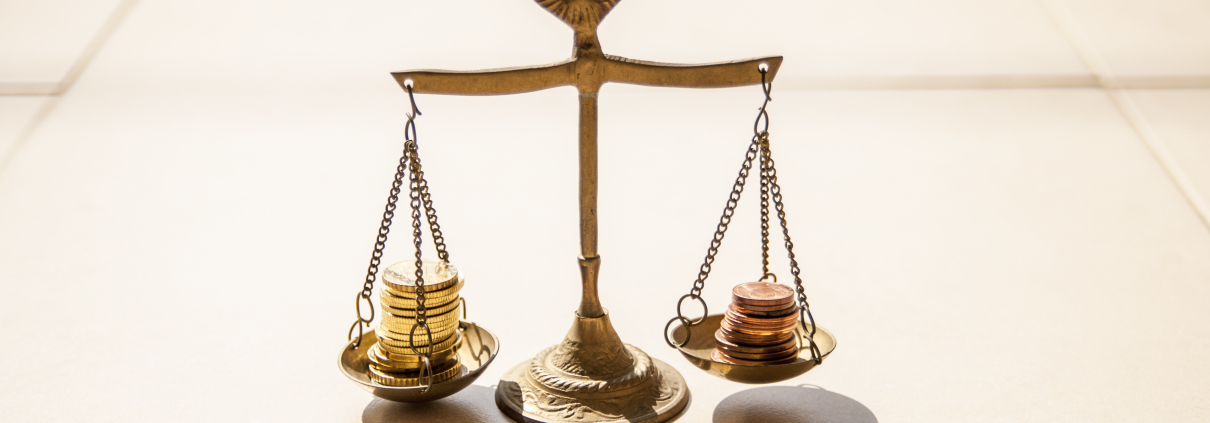
In October of 2012, Hurricane Sandy ravaged through many of the New England area and eastern states, specifically hitting along the shore areas. Maine was one of many states hit hard by Hurricane Sandy, where damage was especially heavy in the neighborhoods and towns closer to the ocean. The high winds caused many power lines, trees and other objects to go down, damaging many homes and businesses in their wake. Heavy rains contributed to multiple rivers and lakes overflowing, causing flooding damage in many surrounding homes. Nearly 100,000 Maine residents were left without power for almost a week, and many had to rebuild their damaged or destroyed homes for months and even years to come.
Maine Hurricane Insurance Coverage
According to the Maine Bureau of Insurance, most homeowners insurance policies cover damage related to storms. This includes wind-related damage that can affect multiple areas of your property. Wind damage that has caused all or part of your roof to come off, or collapse in, is often covered through homeowners insurance. Additionally, any wind damage that has caused trees, power lines, or other objects to fall into your home and cause destruction is generally covered by most homeowners insurance policies as well.
If you are displaced as a result of a hurricane, you may be eligible for coverage related to living expenses in the short term. This is to help you work on rebuilding your home to be habitable again, or find a new permanent residence. Insurance coverage may range policy to policy in how this coverage is applied.
Most homeowners insurance does not cover damage related to flooding. This type of coverage is typically applied from insurance through the National Flood Insurance Program (NFIP), which helps homeowners rebuild damage directly caused by floods or water damage.
Bad Faith Insurance Claims
Insurance agencies are held to a legal standard when it comes to how they deal with claims and policyholders. They are expected to handle claims in good faith, meaning they must respond to claims in a reasonable amount of time, provide explanations for why a claim may be denied, and follow other regulations to maintain a good faith standing when handling policyholders’ claims.
Some insurance agencies may not honor a claim fairly, or follow the laws when responding to a claim submission. Unlike many other states, Maine does not allow first-party bad faith insurance claims lawsuits. Instead, individuals who experience unlawful actions with their insurance providers are able to file a civil lawsuit against their insurance provider.
If you believe you are a victim of a bad faith claim process, you will want to contact an insurance lawyer immediately. Insurance lawyers will be able to identify where an insurance provider is acting unlawfully and how to proceed with a civil suit. The law offices of Michael M. Raheb, P.A., have expert Maine insurance lawyers available to assist you through this difficult process. These insurance attorneys will advocate on your behalf to help you get the coverage you need.

